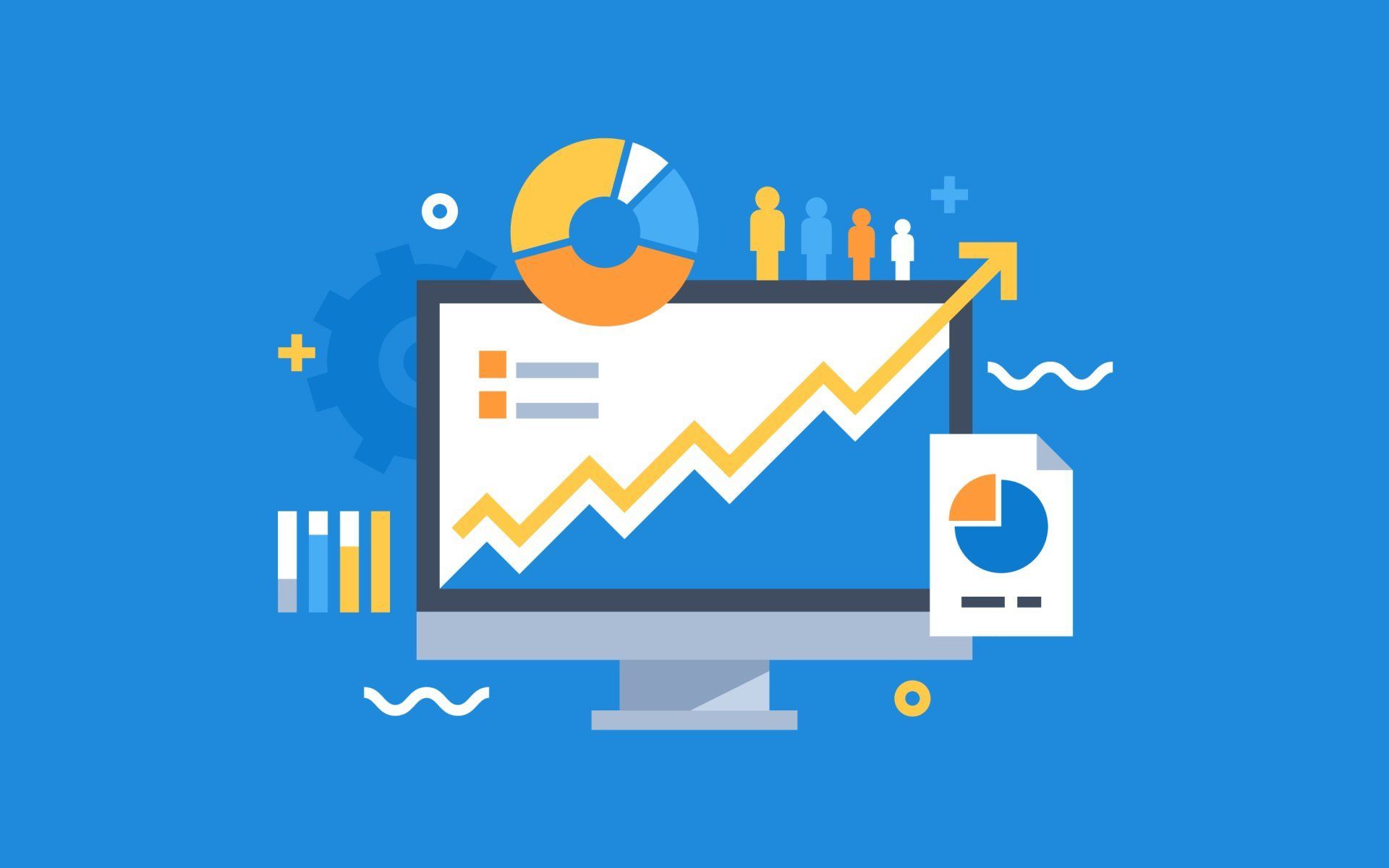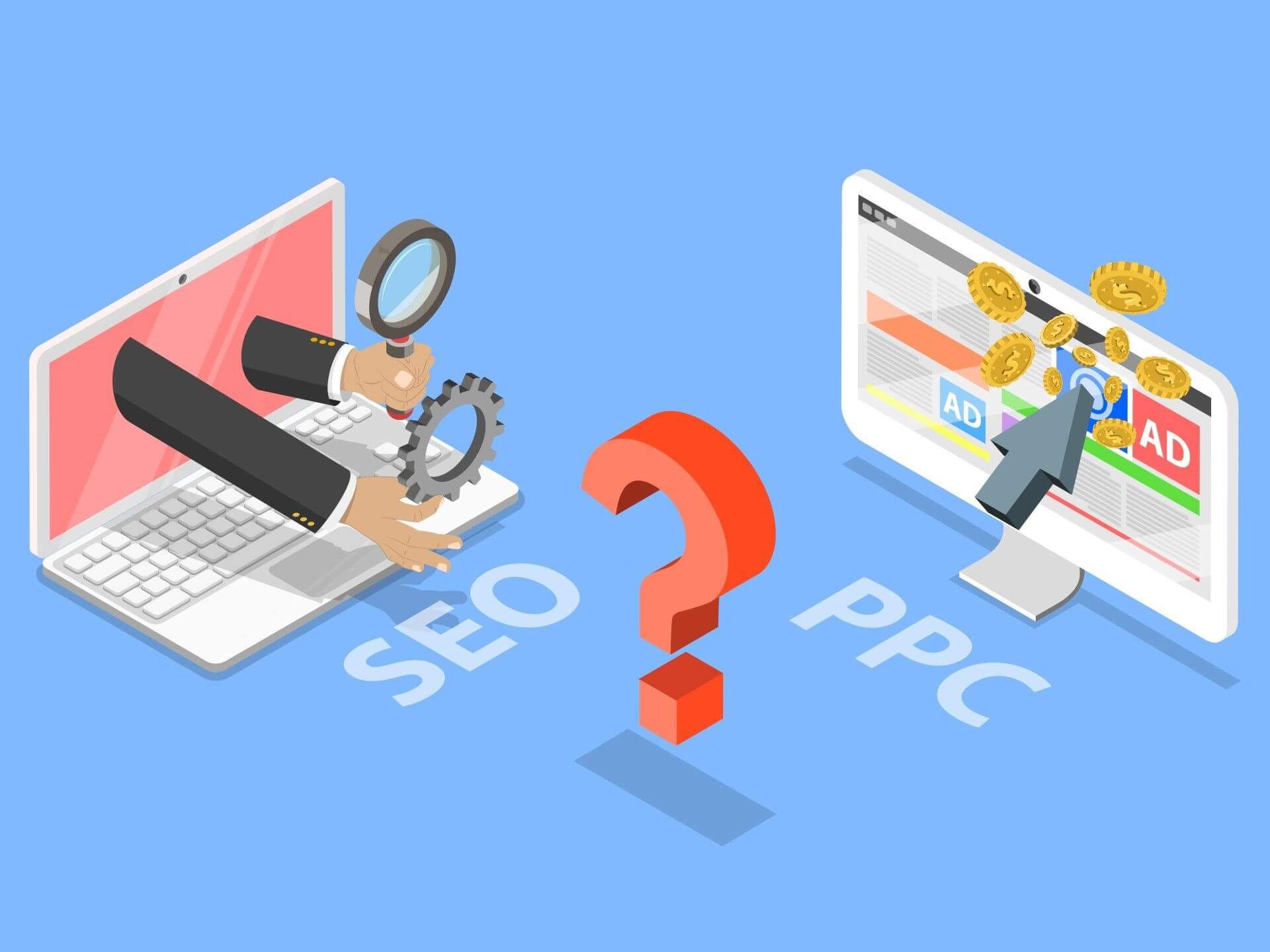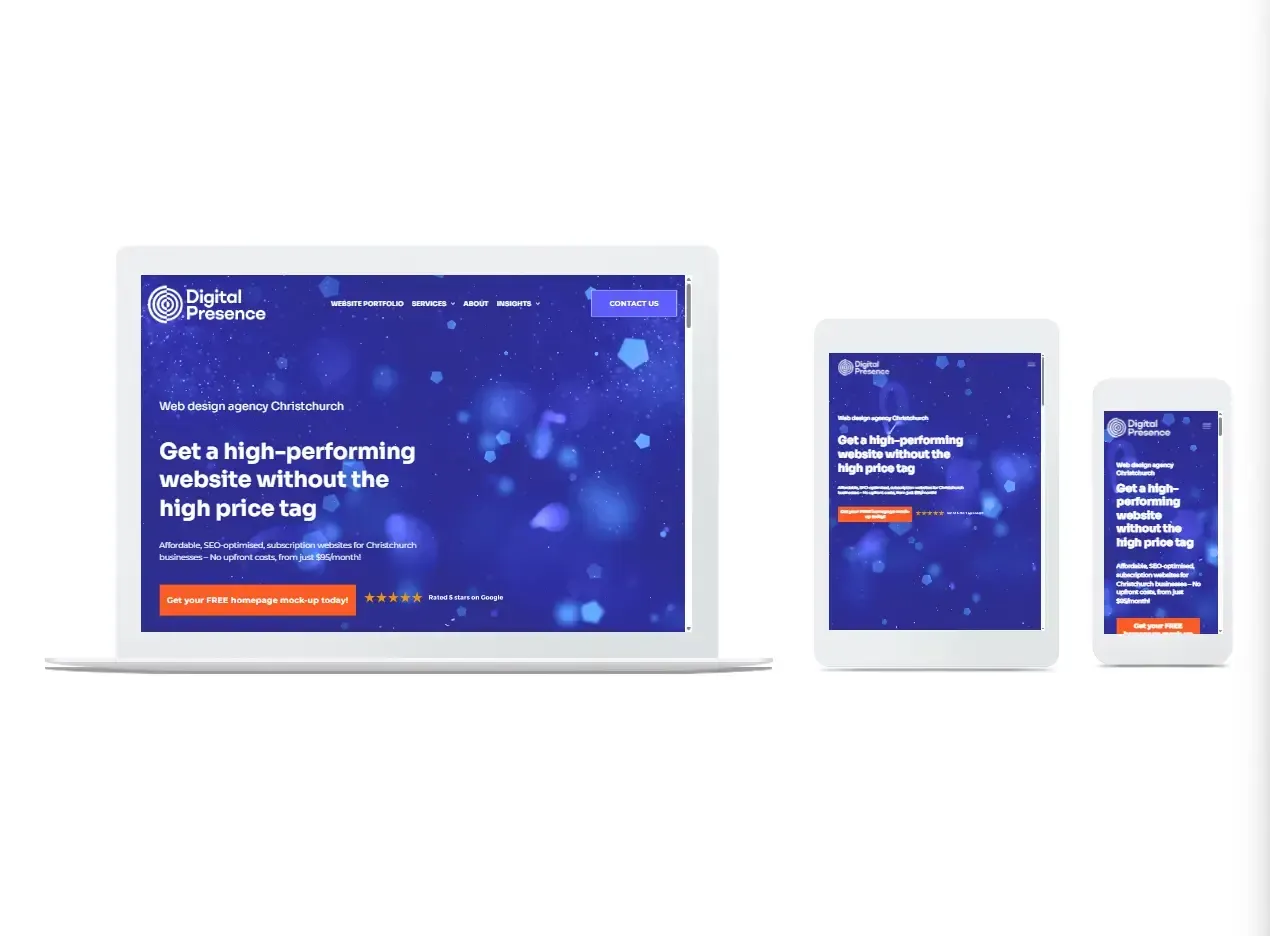SEO vs Google Ads (PPC) - which one is best for your business?
The lifeblood of any business with a digital presence is the traffic to the website. The success of your business relies on how many visitors you can convert into consumers through the content that you publish; this is fact, but what is less clear is which are the best ways to get visitors to your website.
In a head-to-head battle, which of these powerful ways to generate traffic is most suited for your business, SEO (Search Engine Optimisation) or PPC (Pay-Per-Click)? Both SEO and PPC advertising have their own advantages and can be effective in different scenarios. It depends on your specific business goals and target audience.
SEO: search engine optimisation
All search engines use algorithms to assess and grade your website to rank it accordingly. They use bots to crawl the website for information so the searcher is provided with relevant search results that answer their initial query.
Typically, 80% of a website’s audience will come through organic search engines, and so SEO is a vital tool to increase the ranking position of the website - the aim being to be visible on the first page of the SERPs (search engine results pages).
Click here to read about what is SEO and how it works. You’ll see there are technical SEO elements that can be adjusted to boost the site’s SEO, but also how published content can be used to fuel the visitor numbers through organic search.

Common technical SEO elements include:
- A well-organised and logical website structure to make it easy for search engines to crawl and index pages.
- A sitemap listing all the website pages on the site to help search engines understand the structure and content of the site.
- Robots.txt files to tell search engines which pages or sections of the site to crawl and which to ignore.
- Canonicalisation to specify the preferred version of a URL to avoid duplicate content issues.
- Clear, concise, and meaningful URLs that are easy to understand for both users and search engines.
- Using proper redirects, such as 301 redirects, to ensure users and search engines are directed to correct pages.
- Optimising page load times so website pages load quickly and effectively.
- Utilising responsive website designs to adjust to the different screen sizes of mobile devices.
- Implementing proper security measures such as SSL certificates to ensure the website remains secure and trustworthy.
- Structured data, such as schema markup, to provide search engines with additional information about the website’s content.
Keeping up with the numerous Google algorithm updates and SEO changes is crucial for maintaining website visibility in the search engine results pages (SERPs). Failing to do so and you risk the website losing its current position. To avoid this scenario, outsource your website’s SEO.
Sustained visitor numbers
SEO does not mean that your business will achieve over night success. Think of how you plant a seed, it takes time to grow before you can harvest the produce. SEO is a long-term commitment to getting results, but once your website has scaled the heady heights of the SERPs you will reap long-term benefits.
Increased authority
One of the most influential factors to your website’s ranking position is how authoritative it is. A website that is considered as authoritative links its technical SEO with a robust content marketing strategy – the two should work in harmony to enhance the business’s reputation and position it as an established resource for industry expertise.

Google Ads - PPC: pay-per-click
Pay-per-click digital marketing is when your business’s online ads appear as a sponsored result at the top of the SERPs. Your advert is triggered when a searcher inputs a query into the search engine that includes your selected keyword. You bid on keywords that relate to your industry and you pay each time a user accesses your site by clicking on the advert.
Choosing the best keywords for a PPC campaign is crucial for its success. Here’s some guidance to help you choose keywords for PPC:
1. Identify your target audience: Understand who your target audience is and what their search behaviour and intent is when they search for products or services related to your business.
2. Conduct keyword research: Use keyword research tools such as Google Keyword Planner, SEMrush, etc. to find relevant keywords related to your products or services.
3. Analyse the competitiveness of each identified keyword: Assess the level of competition for each keyword and determine which keywords have a lower cost per click (CPC) and higher search volume. Be metric led – you may be surprised by some of the results.
4. Evaluate the relevance of the keywords: Choose words that align with your business goals and target audience.
5. Explore long-tail keywords: Although long-tail keywords are more specific they have lower competition they can reach a more targeted audience.
6. Monitor performance of keywords: Keep abreast of how the keywords perform and adjust the strategy in accordance to the results.
The better your campaign, the more clicks you generate. Digital Presence are expert at Google Ads (previously known as Google AdWords) and ensure your digital marketing strategy budget works hard to deliver a profitable return on investment. The Google Ads platform is favoured because it spans several different channels Google, YouTube advertising, Blogger and other websites within the Google Display Network – a highly effective combination of digital platforms.
Immediate results
PPC delivers quick results. Instead of waiting for your organic produce to grow, you’ve ordered a takeaway. From the moment your campaign is approved, traffic is pretty much instantaneous – ideal for product launches, seasonal promotions and event-centric marketing campaigns.
Highly targeted
PPC allows you to target your audience based on their demographic data. It’s a shortcut to getting your products and services in front of a crowd who are most likely to buy your products or use your services.
There is always great debate between marketers as to which is more effective SEO or PPC for online marketing. Although they share the same goal of increasing traffic, they are very distinct and use different techniques and methodologies to get results. However, the truth is, is that both do great things for your business. Rather than thinking in terms of SEO vs PPC, think about how each can complement the other and how to use them collaboratively to boost the reach and visibility of your business.
Digital Presence is dedicated to helping our clients optimise their online opportunities. We’re a digital marketing and SEO agency who can tailor a bespoke Google Ads campaign that compliments your organic search strategy to support your business’s growth. Call 0274 278047 for an informal chat to see how we can help you with your digital marketing needs.












